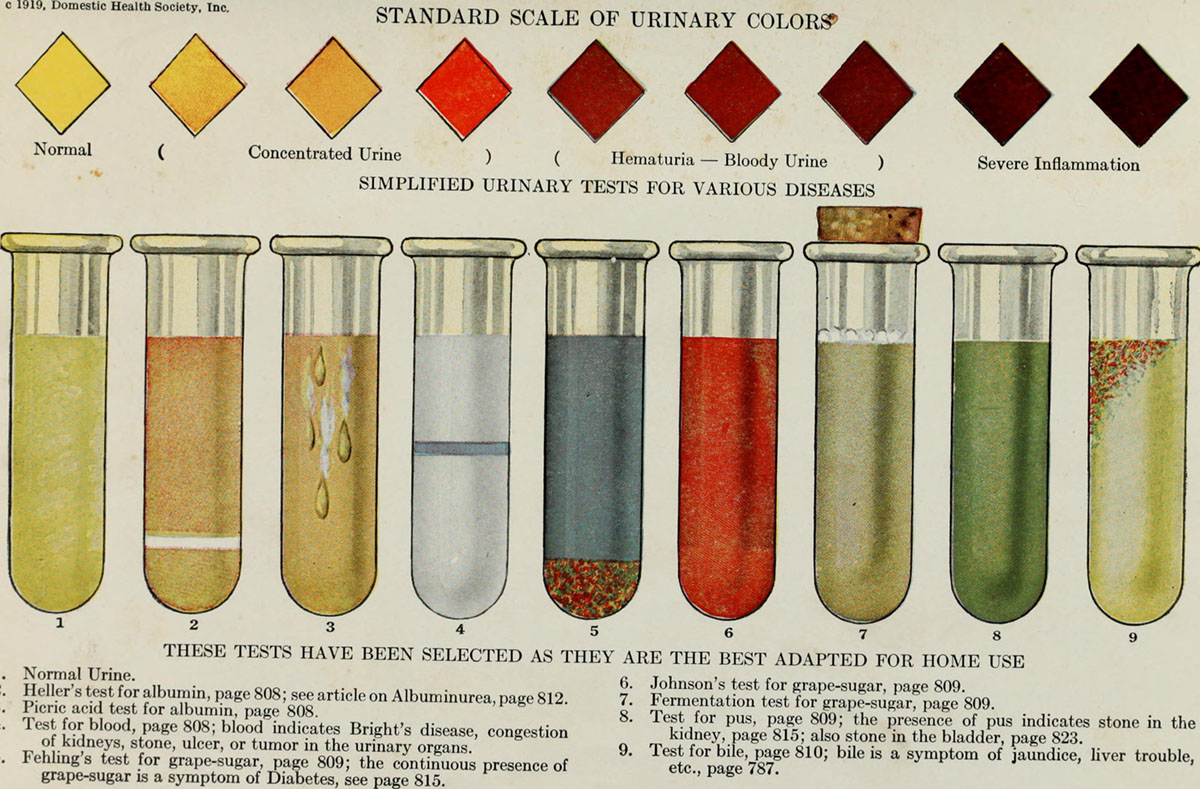
Introduction to urine
When a person has urine that appears to be darker than usual, it can be the sign of some alarming, underlying medical condition.
However, there are some cases in which a change in the color of urine will not be a sign of a serious problem and could be brought about by a certain food that was eaten, medications or dehydration.
We all know what urine is, and we all know that it is usually pale yellow in color and transparent.
It is made up of water and water-soluble waste products that are being excreted from the body.
The kidneys filter the blood to extract these liquid waste materials and then they are excrete from the body through the act of urination.
Causes
When urine is healthy, it is colorless or pale yellow. A change in the urine’s color or smell can be a sign of an underlying medical problem.
Dark urine can be caused by many different factors.
Dehydration is one, which is an insufficient intake of fluid. The urine is dark because there are more waste materials present and less water in the body.
Dark urine can also be caused by the foods a person is eating.
Certain foods such as asparagus can make the urine turn darker and if a person eats a lot of beets, the urine can be somewhat reddish. Other food that can change the color of the urine include blackberries and rhubarb.
Drugs can also change the color of urine, as can vitamin supplements, especially, vitamin B.
Drugs that can make the urine darker include quinine derivatives and nitrofurantoin, which will make the urine lean more towards a brown urine color.
However, there are also infections and diseases that can lead to the change in color.
Cystitis and urinary tract infections can cause a change in the color of the urine.
Diseases such as jaundice, cirrhosis and hepatitis can also make the urine appear darker than usually, usually brownish.
If a serious health problem is causing the urine to turn darker, then there will probably be some other symptoms that accompany the change in the color of the urine.
If a serious medical condition is in question, the urine will not only change color, but can also change smell. The smell of the urine will usually be foul and a lot stronger than usual. If it is an infection, the urine will probably smell a lot stronger. When a person has a urinary tract infection, the urine will not only be a different color and smell differently, it will also probably be cloudy and not transparent as usual.

















Your thoughts on this
Loading...